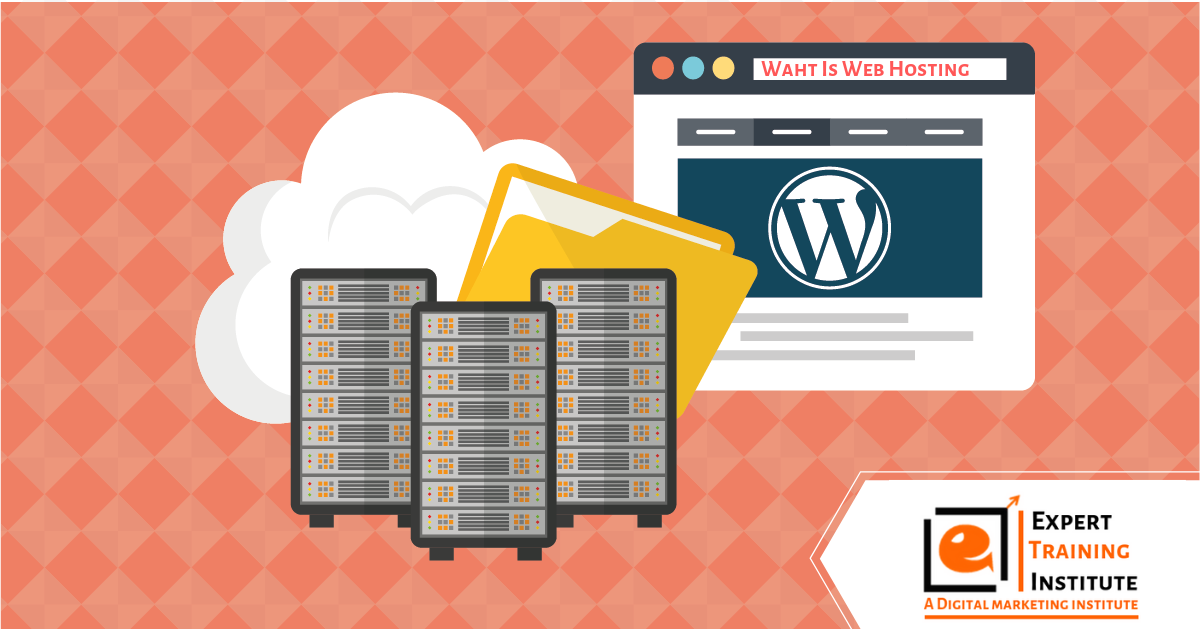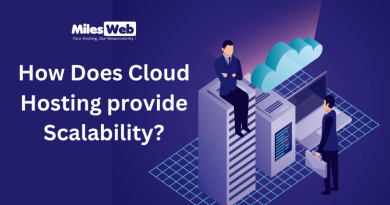Tips to Choose the Right Cloud

When choosing the right cloud server for your business website, several factors come into play. It is important to consider all of these when making such an important decision, so you can choose the best one possible and avoid any potential issues in the future.
The Players
There are many players in the cloud server industry, but which one is best for your business? To begin with, you need to consider at least three possibilities.
● On-Demand Servers
These types of servers provide a high level of scalability and flexibility because they can be increased or decreased depending on needs. This means that if your website suddenly becomes very popular (like when it goes viral), you will not have an issue adding more resources as needed; however, these come with some downsides such as limiting choice and requiring knowledge about web hosting services.
● Dedicated Servers
If there is no risk of your site becoming extremely popular anytime soon and you would like complete control over what type of hardware features will be available (such as physical memory, number of available hard drives etc.), then dedicated servers are the way to go. These cloud services can be extremely expensive and often require technical knowledge about web hosting for everything to work properly; however, they provide more control over what you will get with your site.
● Hybrid Hosting
This is a newer option that combines aspects from both on-demand servers and dedicated servers to create something that provides better features than either one individually while still being cost-effective when compared against other options.
Cloud Security
Another major factor that you should consider when choosing a cloud server is the security of your website. You want to make sure that not only can it be as secure as possible, but also that those responsible for maintaining and managing the cloud hosting service know what they are doing so you do not have an issue with things like hacking or malware in the future.
● Providing Security Updates
One aspect of this is whether or not updates will regularly occur on their end to ensure any current vulnerabilities found by hackers will be addressed and fixed right away; however, there may still need to add steps taken on your part, such as using strong passwords and installing firewalls where necessary.
● Backups
In addition, having regular backups stored both on your end and with the cloud hosting service is extremely important. You do not want to lose any data, so it is essential to have a backup plan in place if anything happens, whether it be theft of equipment or damage due to natural disasters like floods or fires.
● Accepting Credit Card Payments
If you accept payments online through credit cards (which most businesses will), then another aspect you should consider when choosing the right server for your website is if they offer PCI compliance services such as secure socket layer (SSL) encryption certificates. Without these options available, there may be some security risks involved, leading to potential hacking attempts; however, this can usually be remedied by using an outside payment processor such as PayPal.
● Security Features
In addition, it may be helpful to research what types of security features are provided by a particular cloud service provider, so you know exactly how safe your website will be both now and in the future. These can include firewalls, malware scanning tools and virus removal services, among others depending on the company itself.

Cloud Compliance
Certain aspects of cloud compliance are required for websites that handle credit card data.
● PCI Compliance
If you accept online payments through credit cards, then this is something you will need for your website to function properly. As mentioned above, these services are usually provided by third-party payment processors rather than the actual cloud server hosting company itself; however, some providers provide these options, which can be helpful if they work with a processor that does not meet all requirements.
● Data Protection Act 1998 (DPA)
In addition, understanding what types of DPA procedures are available from the provider may also help protect sensitive information such as names and addresses so only authorized personnel have access to this type of data.
● Data Protection Act 2018 (DPA)
With the new rules and regulations that have come into effect starting on May 25, organizations will need to take a few extra steps when it comes to protecting personal data, such as proper consent for processing this type of information in addition to keeping records of what happens with both employees and customers using these resources.
● Disaster Recovery
Some cloud service providers also offer disaster recovery services that can provide additional peace of mind knowing your website is always protected even if something unexpected occurs while you are away from work or otherwise unable to maintain things yourself.
Cloud VPS
● Determine Your Resources
One of the first things you will need to do is determine what type of resources your website needs to function properly for cloud VPS. For example, suppose it has high traffic or downloads lots of files regularly. In that case, this may require more storage space than something that uses HTML pages and images with no additional media involved at all.
● Know What Plans Are Available
Once you know what types of server plans are available for purchase that meet your specific requirements, then take some time looking through them carefully, so there is a good fit between these options and how much they cost, as well as whether or not they include key features such as IPv56 compatibility among others.
● Make informed Decisions
Although cloud hosting can be an efficient way to maintain a business website, you must choose the right provider for this option to be beneficial and worth the money or get a cloud server for rent.
● Side Effects of Low-Quality Hosting
Often, when users go with cheap hosting providers, they will find their websites either loading too slowly or even experiencing downtime, which can cause customers to walk away and look elsewhere instead.
Conclusion
In conclusion, choosing the right cloud server for your business website can provide benefits such as faster loading times and increased uptime. One of the first things you will need is to determine what type of resources your website needs to function properly. For example, suppose it has high traffic or downloads lots of files regularly. In that case, this may require more storage space than something that uses HTML pages and images with no additional media involved at all.



